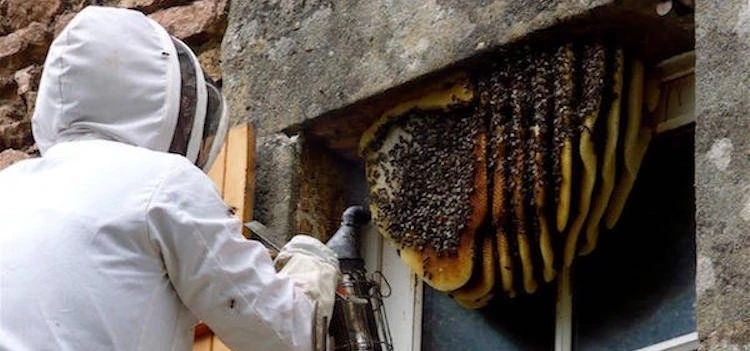Bee control in New Canaan is a crucial aspect of maintaining a safe and harmonious environment, especially considering the vital role bees play in pollination and ecosystem balance. However, traditional bee control methods often involve harmful chemicals that can negatively impact bee populations and the broader environment. In this guide, we\'ll explore bee-friendly solutions for safe bee control in New Canaan, emphasizing sustainable practices that prioritize both human safety and environmental protection.
Understanding the Importance of Bees
Before delving into bee control methods, it\'s essential to understand why bees are so vital to our ecosystem. Bees are primary pollinators, responsible for pollinating a significant portion of the world\'s food crops and wild plants. Without bees, many plants would not produce fruits, seeds, or other crucial components, leading to a decline in biodiversity and food availability. Therefore, any bee control measures must be carefully planned to minimize harm to these essential pollinators.
The Risks of Conventional Bee Control Methods
Traditional bee control methods often involve the use of chemical pesticides or insecticides. While these substances may effectively eliminate bee colonies, they also pose significant risks to human health, other wildlife, and the environment. Pesticides can contaminate soil and water sources, harming non-target organisms and disrupting ecosystems. Additionally, the indiscriminate use of pesticides contributes to the decline of bee populations worldwide, exacerbating the already concerning issue of pollinator decline.
Integrated Pest Management (IPM) Approach
Integrated Pest Management (IPM) offers an inclusive and environmentally sensitive approach to bee control in New Canaan. This strategy focuses on using a combination of techniques such as biological control, habitat modification, and targeted pesticide application only when necessary. By integrating multiple strategies, IPM minimizes the reliance on harmful chemicals and reduces the overall environmental impact of pest management practices.
Habitat Modification and Bee-Friendly Landscaping
One of the most effective bee-friendly solutions is to create a habitat that is attractive to bees while minimizing potential conflicts with humans. This can be achieved through bee-friendly landscaping practices such as planting native flowering plants, providing water sources, and avoiding the use of pesticides in garden areas. Creating bee-friendly habitats not only supports local bee populations but also enhances overall biodiversity and ecosystem health.
Educational Outreach and Public Awareness
Another essential aspect of bee-friendly bee control in New Canaan is educational outreach and public awareness campaigns. By educating residents about the importance of bees, the risks of conventional pest control methods, and the benefits of bee-friendly practices, communities can work together to implement sustainable solutions. Public awareness initiatives can include workshops, educational materials, and community events focused on bee conservation and responsible pest management.
Supporting Beekeepers and Pollinator-Friendly Policies
Supporting local beekeepers and advocating for pollinator-friendly policies at the municipal level are crucial steps in promoting bee-friendly bee control practices. Beekeepers play a vital role in bee conservation efforts by maintaining healthy bee populations, providing pollination services to agriculture, and raising awareness about bee-related issues. Municipalities can also implement policies that restrict the use of harmful pesticides in public spaces, promote pollinator-friendly landscaping practices, and support initiatives to protect bee habitats.
Conclusion
Bee-friendly solutions for safe bee control in New Canaan prioritize environmentally sustainable practices that protect both bees and human health. By adopting integrated pest management approaches, promoting bee-friendly landscaping, conducting educational outreach, and supporting local beekeepers, communities can effectively manage bee populations without resorting to harmful chemicals. By working together and embracing bee-friendly practices, we can ensure a healthy and thriving ecosystem for bees and humans alike in New Canaan. In summary, implementing bee-friendly solutions for safe bee control is not only crucial for protecting pollinators and the environment but also for fostering a sustainable and harmonious community. By prioritizing integrated pest management strategies, promoting habitat modification and bee-friendly landscaping, conducting educational outreach, and supporting local beekeepers and pollinator-friendly policies, we can create a future where bees thrive alongside human activities. This proactive approach not only safeguards our food supply and natural resources but also fosters a deeper connection to nature and a greater appreciation for the invaluable role bees play in our ecosystem.



